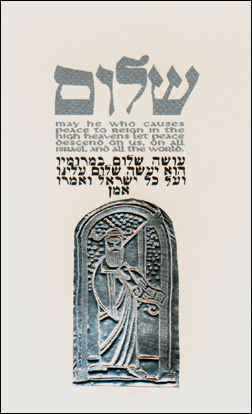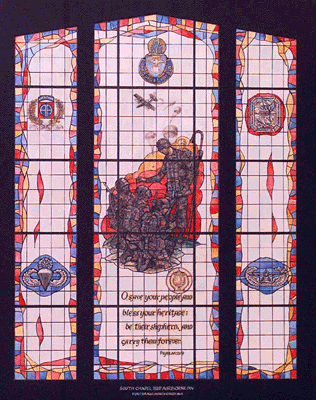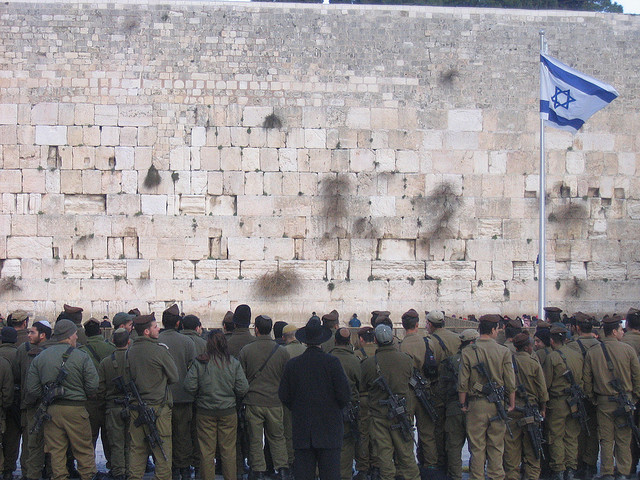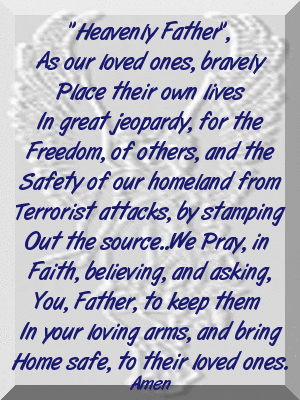In her autobiography, Corrie ten Boom described her and her sister Betsie’s horrific time in a Nazi concentration camp in the early 1940s. On one occasion they were forced to take off their clothes during an inspection. Corrie stood in line feeling defiled and forsaken. Suddenly, she remembered that Jesus had hung naked on the cross. Struck with wonder and worship, Corrie whispered to her sister, “Betsie, they took His clothes too.†Betsie gasped and said, “Oh, Corrie, . . . and I never thanked Him.â€
It is easy for us to live thanklessly in a world that is full of trouble, struggles, and woes. On any given day we can find many reasons to complain. However, Psalm 100 exhorts God’s people to be glad, joyful, and thankful for “it is he who made us, and we are his; we are his people, the sheep of his pasture†(v. 3). As we remember who we are, we can respond in thanksgiving. For even in the worst of times, we can remember Christ’s love and sacrifice for us.
Don’t let the brutality of the world take away your thankful heart. Remember you are God’s child, and He has shown you His goodness and mercy through His work on the cross.
Psalm 100 is a doxology, a statement or word (logos) describing the glory (doxa) of God. This psalm forms the conclusion to a series of psalms that celebrate the Lord’s rule in power, glory, and grace. In spite of its brevity, it is considered preeminent among the psalms of praise and thanksgiving. Its superscription—“For giving grateful praiseâ€â€”is unique to this song. Psalm 100 is used often in liturgical worship and is the basis for several hymns, including “All People that on Earth Do Dwell.†Bill Crowder


































